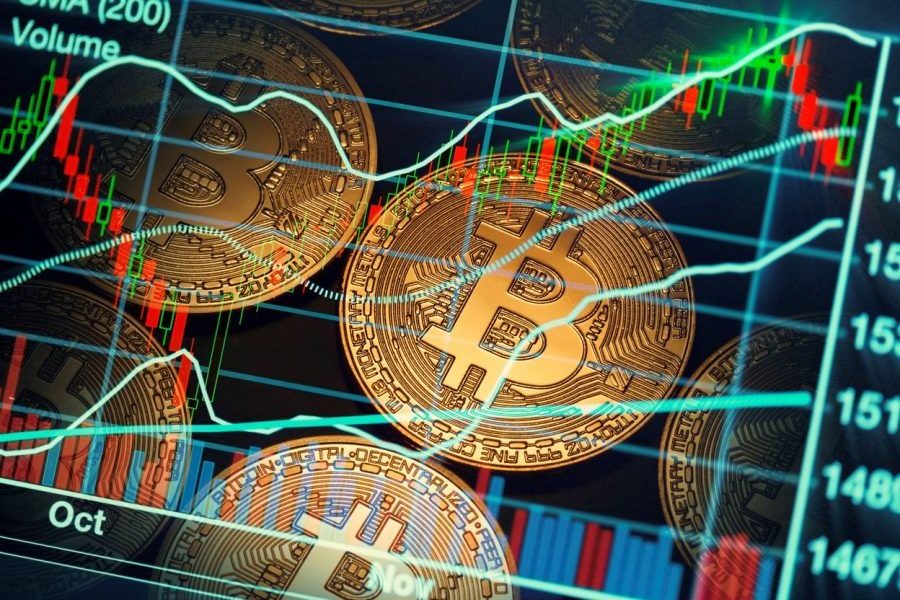Digital Assets
What investors need to know about crypto-asset risks, by IOSCO
Published
5 years agoon

What investors need to know about crypto-asset risks, by IOSCO
The Board of the International Organization of Securities Commissions has published a report that seeks to help regulators inform retail investors about the risks and characteristics of crypto-assets.
Crypto-assets carry risks that retail investors may not fully understand, increasing skepticism and the chance of losses on investments in these assets.
The IOSCO report titled Investor Education on CryptoAssets identifies an array of possible risks to investors, including such things as lack of market liquidity, volatility, partial or total loss of the invested amount, insufficient information disclosure and fraud.

IOSCO in a statement noted that the report describes methods that regulators can use to provide educational material to retail investors on the risks of investing in crypto-assets and offers four areas of guidance covering the following activities:
- Developing educational content about crypto-assets;
- Informing the public about unlicensed or fraudulent firms;
- Using a variety of communication channels to inform investors; and
- Forming partnerships to develop and disseminate educational materials.
In recent years, IOSCO members had expressed concerns about the use of crypto-assets in areas ranging from trading, custody, clearing and settlement, accounting, valuation, intermediation and investment funds.
In response, the IOSCO Board identified crypto-assets as one of its top work priorities for 2019 and 2020.
In January 2018, IOSCO issued a statement on concerns related to Initial Coin Offerings (ICOs), noting the risks associated with ICOs, particularly regarding parties that target retail investors through online distribution channels, often from outside the investors’ home jurisdiction.
Crypto-assets distributed in an ICO are highly risky investments and vulnerable to abuse and fraud, according to the body.
It further called that in 2019, as the first step in developing the educational material, IOSCO’s Committee 8 on Retail Investors conducted a fact-finding survey of its members regarding crypto-assets.
“IOSCO acknowledges that not all of the report’s material or educational approaches may be appropriate for all member jurisdictions or consistent with all members’ legal and regulatory frameworks.
“Instead, it recommends that members adopt the material and educational approaches best suited to their respective jurisdictions,” the statement added.
Share this:
- Click to share on X (Opens in new window) X
- Click to share on Facebook (Opens in new window) Facebook
- Click to share on WhatsApp (Opens in new window) WhatsApp
- Click to share on Pocket (Opens in new window) Pocket
- Click to share on Telegram (Opens in new window) Telegram
- Click to email a link to a friend (Opens in new window) Email
- Click to share on LinkedIn (Opens in new window) LinkedIn
You may like


What’s the Relationship Between Crypto and AI? Is There Any?


Cryptos crash today as new Covid-19 variant emerges


Bitcoin hits $69000 on heels of surging inflation news


Binance suspends withdrawal to clear huge backlog


IOSCO sets rules to regulate artificial intelligence in investment market


12% investment portfolio of millennials staked on crypto












